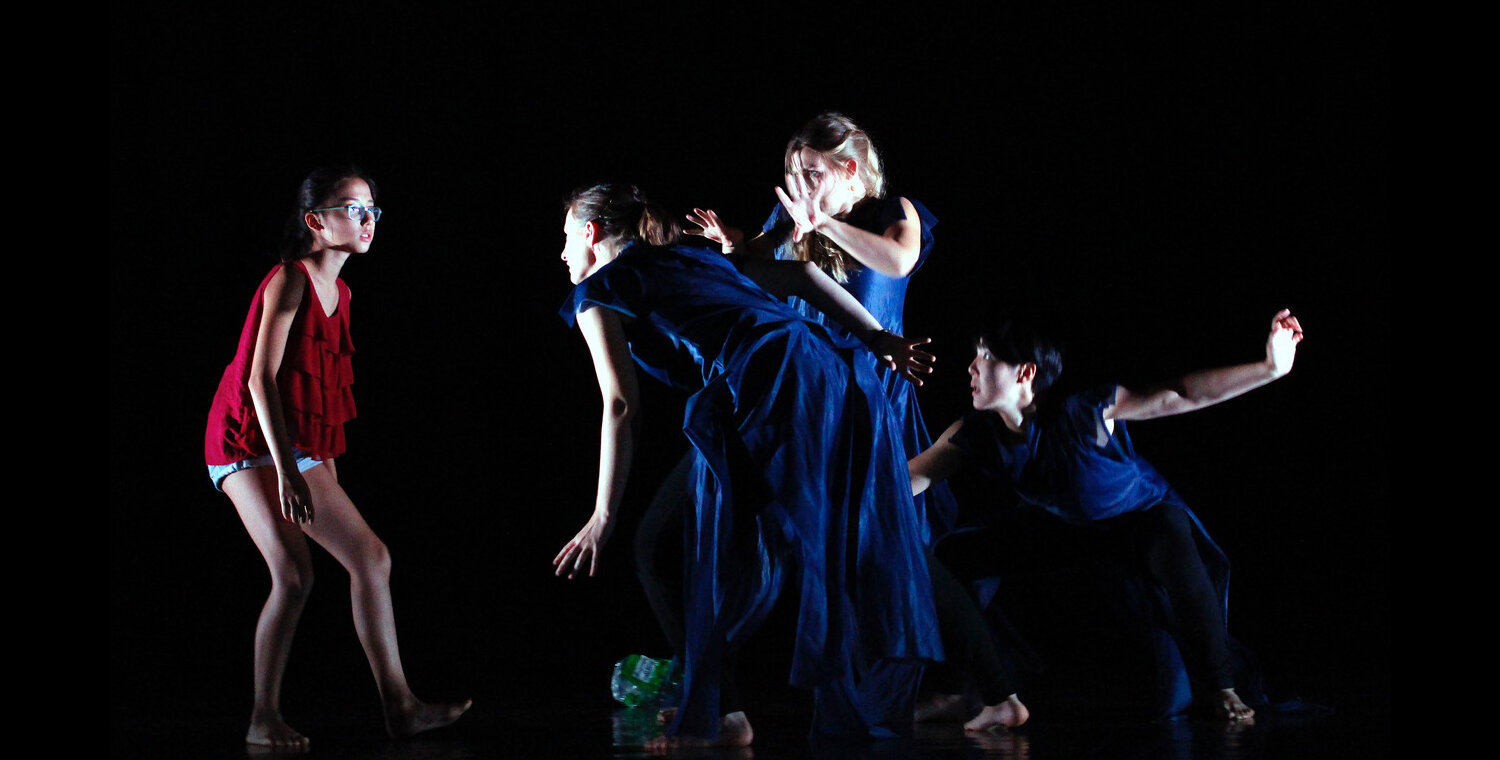
Bachelor Degree:
Music and Movement
Graduates of the Music and Movement degree programme bring with them skills for a wide variety of areas: Teaching activities at music schools and schools, training and further education, music therapy and curative education professions, areas such as concert pedagogy, conception and staging of performances for cultural events, programme design for adult education centres in the field of music - theatre - dance or assistance and rehearsal work at theatres and operas - all of that can be successfully developed by trained rhythmists.
Fields of study
- Artistic focus
- Artistic-practical context
- Scientific subjects, music theory, ear training
- Music/movement pedagogy
- Profession and career
- Elective modules
Major
Music and Movement:
Differentiated exploration of sound worlds and sounds in music and movement, away from the dance and musical mainstream, in search of individual artistic forms of expression for innovative stage and teaching designs.
Instrument/Vocals
Students in the Music and Movement programme also study with a minor in an instrument or voice. Students receive individual lessons in standard repertoire and in improvisation. However, instrument and singing are also used in the interaction of music and movement in artistic-pedagogical contexts of partner or group work.
Music and Movement can also be studied with a focus on Jazz/Pop in theory, instrumental and vocal lessons.
Please note that all Module Handbooks are only available in German.
Artistic-pedagogical profile
Podium profile
Artistic-pedagogical profile with Jazz/Pop
BA-II-20-1C: Rhythmics with elementary music education, jazz/pop voice, artistic-pedagogical profile
Podium profile with Jazz/Pop